
Just like that, it's over, folks. It sucks. If you are like me, you are still in denial that the Cat's season is officially over. I can't get the horrifying image of that Luke Maye buzzer beater out of my head. It's haunting. You know what else is haunting? The absolutely dreadful officiating I've witnessed, not only during Sunday's loss but for the entirety of the 2017 college basketball season. It seems this issue gets brought up almost every year around this time. Improving college officiating is widely and frequently discussed yet here we are still complaining about the quality of college officiating. The NCAA has addressed the issue and made efforts to improve the calls on the court but clearly those efforts have failed. So why is it so dang hard to get these guys in black and white stripes to make better calls?
Division-I college basketball is played by some of the best 18-22 year old athletes on the planet. They run fast with incredible endurance. They jump high. They are incredibly agile. Oh yeah, and they run really fast. That's who
plays college basketball. Who officiates college basketball? Old dudes. I was unable to find a reliable list of NCAA referee profiles but I was able to find one for NBA officials - keep in mind NBA refs are supposed to be the cream of the crop - which should be a good enough measure to illustrate my point.
According to basketball-reference.com, the average age of an NBA referee is 46 years old. I think we can expect the average age of an NCAA official to be right around that. Forty. Six. For you math nerds out there that's over double the age of the oldest players on the court. Now, I'm not suggesting college refs are in bad shape, in fact, I bet most of them are in great physical condition. However, a 46 year-old in great shape is not keeping up with a division-I college athlete. Sorry for being an ageist but it is just a matter of biology.
Jim Burr, retired from college officiating a couple years ago at the age of 68. What exactly, besides seniority, is the rationale for letting a man, well beyond his prime, continue to try to keep up with such a fast paced game? As we age and accrue life experiences to reflect on, we indeed get wiser. Using this logic, a seasoned referee with years of experience and a deep understanding of the rules should be more trustworthy in officiating a game. Sure, being familiar with the environment and knowing the rules are tremendously important aspects of being a referee but those things are useless if they are unable to apply them quickly.
College officials are not equipped to keep up with the game physically but may not even be the best equipped mentally.
This study, was done at the University of Virginia on the decline in cognitive function with age. The study found that specific aspects of a person's cognitive function, such as making rapid comparisons and detecting relationships, slowly start to decline around the age of 27. Remember the age of our average referee is about 46. There are countless other studies out there on cognitive function that suggest our minds (and bodies) aren't quite as sharp when we get older. Athletes are getting faster and stronger with each passing year which means officials have more on their plate to keep up with than ever before.
Contrary to what this post may suggest, I do not hate the elderly. I apologize if it has seemed that way. However, I'm just trying to point something out that can be used to benefit the quality of games we watch on television. Ideally we'd like our refs to have sharp minds and bodies accompanied by years of experience. Unfortunately, it seems one of those things must be sacrificed for the other. Which leaves us with a dilemma and no clear cut solution to improving the officiating of the college game. So what should we do? I'm not really sure, is the most honest answer I can give. Perhaps, annual physical and cognitive assessments are given to officials just to be sure they're well suited to keep up with an increasingly fast paced game.
I do not know what the best solution is but I do know more drastic steps must be taken in cleaning up the calls on the court. Little improvement in quality has been observed, and, clearly, a different approach to solving the problem must be taken. Using tools such a science could be the first step in solving such a complex issue. So please, NCAA, take this kind advice and just do
something. Just like that, it's over, folks. It sucks. If you are like me, you are still in denial that the Cat's season is officially over. I can't get the horrifying image of that Luke Maye buzzer beater out of my head. It's haunting. You know what else is haunting? The absolutely dreadful officiating I've witnessed, not only during Sunday's loss but for the entirety of the 2017 college basketball season. It seems this issue gets brought up almost every year around this time. Improving college officiating is widely and frequently discussed yet here we are still complaining about the quality of college officiating. The NCAA has addressed the issue and made efforts to improve the calls on the court but clearly those efforts have failed. So why is it so dang hard to get these guys in black and white stripes to make better calls?
Division-I college basketball is played by some of the best 18-22 year old athletes on the planet. They run fast with incredible endurance. They jump high. They are incredibly agile. Oh yeah, and they run really fast. That's who plays college basketball. Who officiates college basketball? Old dudes. I was unable to find a reliable list of NCAA referee profiles but I was able to find one for NBA officials - keep in mind NBA refs are supposed to be the cream of the crop - which should be a good enough measure to illustrate my point.
According to basketball-reference.com, the average age of an NBA referee is 46 years old. I think we can expect the average age of an NCAA official to be right around that. Forty. Six. For you math nerds out there that's over double the age of the oldest players on the court. Now, I'm not suggesting college refs are in bad shape, in fact, I bet most of them are in great physical condition. However, a 46 year-old in great shape is not keeping up with a division-I college athlete. Sorry for being an ageist but it is just a matter of biology.
Jim Burr, retired from college officiating a couple years ago at the age of 68. What exactly, besides seniority, is the rationale for letting a man, well beyond his prime, continue to try to keep up with such a fast paced game? As we age and accrue life experiences to reflect on, we indeed get wiser. Using this logic, a seasoned referee with years of experience and a deep understanding of the rules should be more trustworthy in officiating a game. Sure, being familiar with the environment and knowing the rules are tremendously important aspects of being a referee but those things are useless if they are unable to apply them quickly.
College officials are not equipped to keep up with the game physically but may not even be the best equipped mentally. This study, was done at the University of Virginia on the decline in cognitive function with age. The study found that specific aspects of a person's cognitive function, such as making rapid comparisons and detecting relationships, slowly start to decline around the age of 27. Remember the age of our average referee is about 46. There are countless other studies out there on cognitive function that suggest our minds (and bodies) aren't quite as sharp when we get older. Athletes are getting faster and stronger with each passing year which means officials have more on their plate to keep up with than ever before.
Contrary to what this post may suggest, I do not hate the elderly. I apologize if it has seemed that way. However, I'm just trying to point something out that can be used to benefit the quality of games we watch on television. Ideally we'd like our refs to have sharp minds and bodies accompanied by years of experience. Unfortunately, it seems one of those things must be sacrificed for the other. Which leaves us with a dilemma and no clear cut solution to improving the officiating of the college game. So what should we do? I'm not really sure, is the most honest answer I can give. Perhaps, annual physical and cognitive assessments are given to officials just to be sure they're well suited to keep up with an increasingly fast paced game.
I do not know what the best solution is but I do know more drastic steps must be taken in cleaning up the calls on the court. Little improvement in quality has been observed, and, clearly, a different approach to solving the problem must be taken. Using tools such a science could be the first step in solving such a complex issue. So please, NCAA, take this kind advice and just do something.
Just like that, it's over, folks. It sucks. If you are like me, you are still in denial that the Cat's season is officially over. I can't get the horrifying image of that Luke Maye buzzer beater out of my head. It's haunting. You know what else is haunting? The absolutely dreadful officiating I've witnessed, not only during Sunday's loss but for the entirety of the 2017 college basketball season. It seems this issue gets brought up almost every year around this time. Improving college officiating is widely and frequently discussed yet here we are still complaining about the quality of college officiating. The NCAA has addressed the issue and made efforts to improve the calls on the court but clearly those efforts have failed. So why is it so dang hard to get these guys in black and white stripes to make better calls?
Division-I college basketball is played by some of the best 18-22 year old athletes on the planet. They run fast with incredible endurance. They jump high. They are incredibly agile. Oh yeah, and they run really fast. That's who plays college basketball. Who officiates college basketball? Old dudes. I was unable to find a reliable list of NCAA referee profiles but I was able to find one for NBA officials - keep in mind NBA refs are supposed to be the cream of the crop - which should be a good enough measure to illustrate my point.
According to basketball-reference.com, the average age of an NBA referee is 46 years old. I think we can expect the average age of an NCAA official to be right around that. Forty. Six. For you math nerds out there that's over double the age of the oldest players on the court. Now, I'm not suggesting college refs are in bad shape, in fact, I bet most of them are in great physical condition. However, a 46 year-old in great shape is not keeping up with a division-I college athlete. Sorry for being an ageist but it is just a matter of biology.
Jim Burr, retired from college officiating a couple years ago at the age of 68. What exactly, besides seniority, is the rationale for letting a man, well beyond his prime, continue to try to keep up with such a fast paced game? As we age and accrue life experiences to reflect on, we indeed get wiser. Using this logic, a seasoned referee with years of experience and a deep understanding of the rules should be more trustworthy in officiating a game. Sure, being familiar with the environment and knowing the rules are tremendously important aspects of being a referee but those things are useless if they are unable to apply them quickly.
College officials are not equipped to keep up with the game physically but may not even be the best equipped mentally. This study, was done at the University of Virginia on the decline in cognitive function with age. The study found that specific aspects of a person's cognitive function, such as making rapid comparisons and detecting relationships, slowly start to decline around the age of 27. Remember the age of our average referee is about 46. There are countless other studies out there on cognitive function that suggest our minds (and bodies) aren't quite as sharp when we get older. Athletes are getting faster and stronger with each passing year which means officials have more on their plate to keep up with than ever before.
Contrary to what this post may suggest, I do not hate the elderly. I apologize if it has seemed that way. However, I'm just trying to point something out that can be used to benefit the quality of games we watch on television. Ideally we'd like our refs to have sharp minds and bodies accompanied by years of experience. Unfortunately, it seems one of those things must be sacrificed for the other. Which leaves us with a dilemma and no clear cut solution to improving the officiating of the college game. So what should we do? I'm not really sure, is the most honest answer I can give. Perhaps, annual physical and cognitive assessments are given to officials just to be sure they're well suited to keep up with an increasingly fast paced game.
I do not know what the best solution is but I do know more drastic steps must be taken in cleaning up the calls on the court. Little improvement in quality has been observed, and, clearly, a different approach to solving the problem must be taken. Using tools such a science could be the first step in solving such a complex issue. So please, NCAA, take this kind advice and just do something.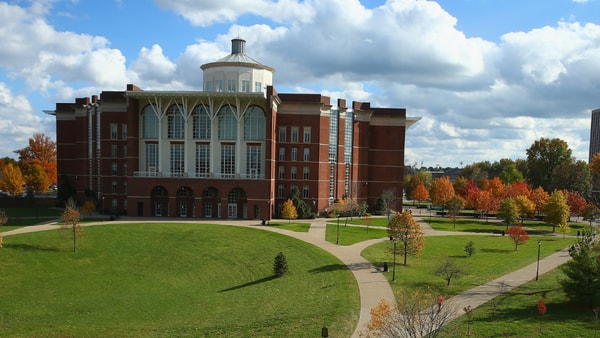
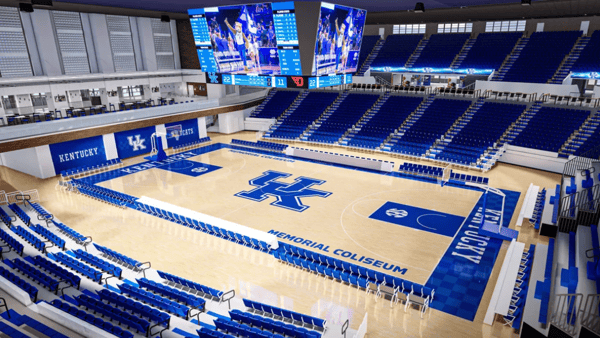
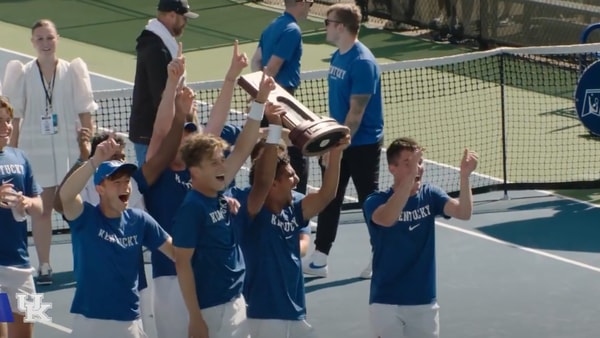
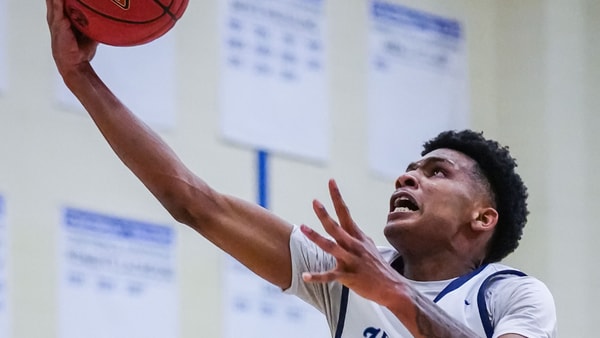
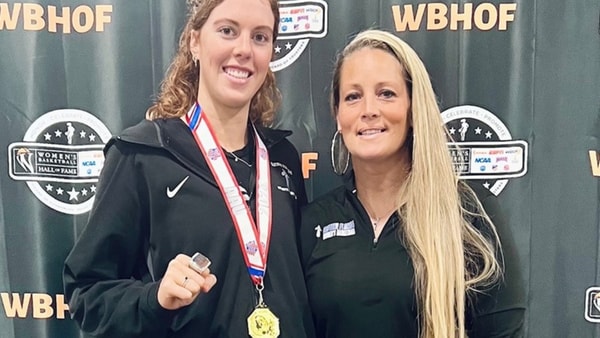
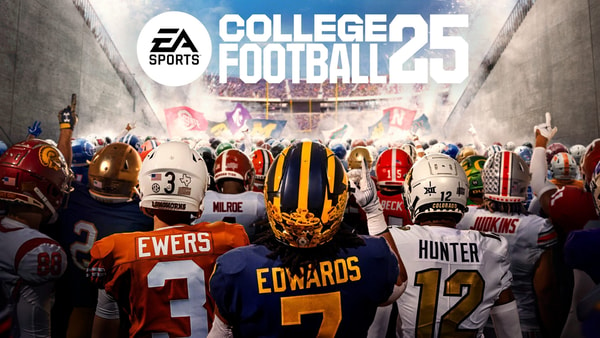
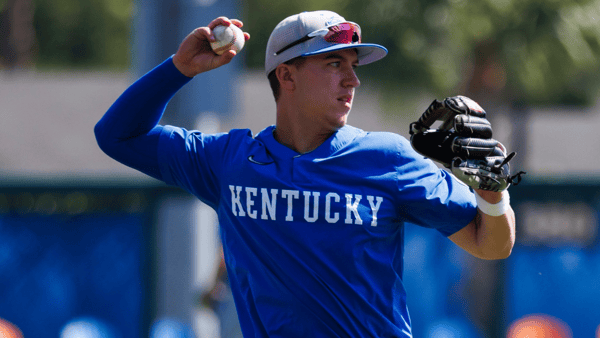
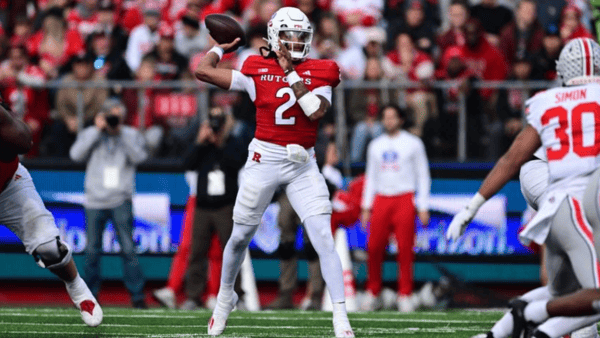
Discuss This Article
Comments have moved.
Join the conversation and talk about this article and all things Kentucky Sports in the new KSR Message Board.
KSBoard